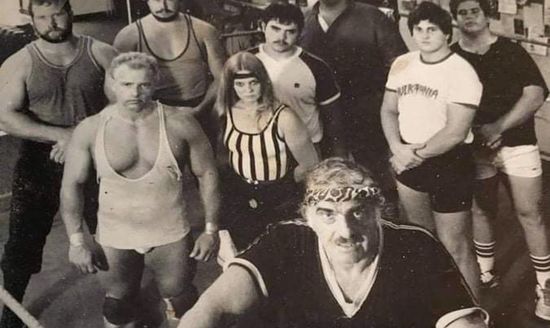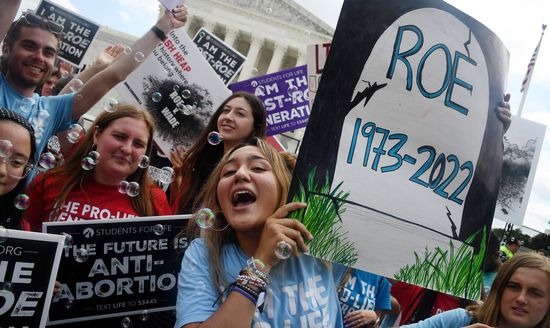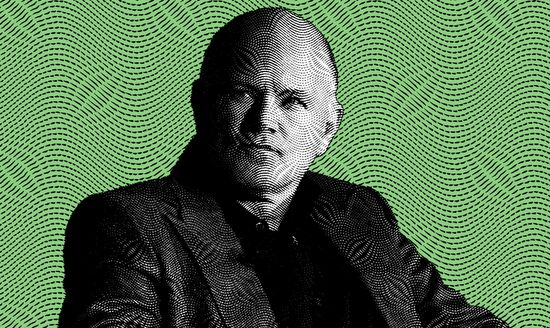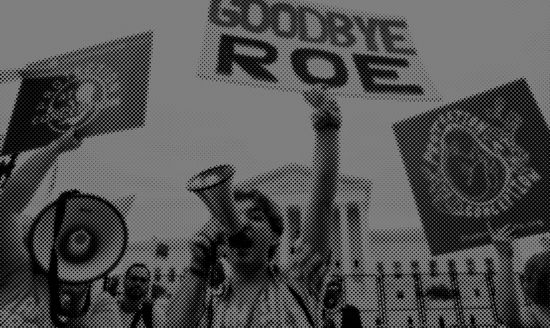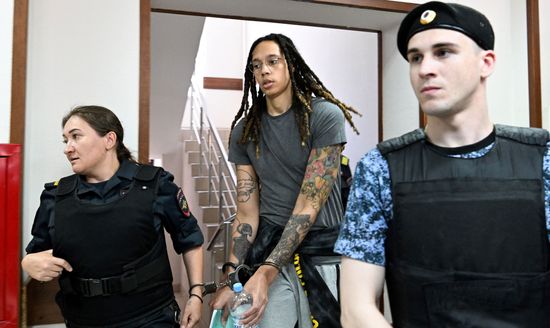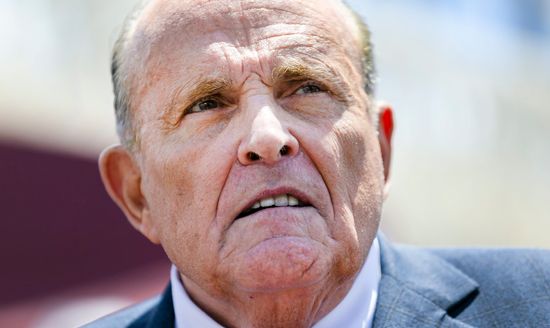| The January 6 committee’s five televised hearings thus far have been riveting television. I spoke with Vulture television critic Jen Chaney about the specific production choices that have made them so gripping — and so unlike other congressional hearings. |
| Benjamin Hart: I think the January 6 hearings have surprised a lot of people by being this gripping, even though the subject they’re exploring doesn’t lack for drama. It’s not just that the committee has dug up so much new and damning information about Donald Trump’s extensive attempts to steal the election, or that zero pro-Trump Republicans are rebutting any of that information. It’s also the unusually polished style of the proceedings. As a TV critic, what has struck you most? |
| Jen Chaney: I think it’s that they’ve been presented so carefully with an eye toward television. With James Goldston, the former head of ABC News, acting as an adviser, they’ve shaped these hearings as if they are a docuseries or scripted piece of true crime. Each hearing functions as an episode with a distinct focus. There’s the One Where Trump Pressured Mike Pence to Change the Outcome and on Thursday, the One Where Trump Tried to Override the Justice Department. |
| This also allows for each one to be roughly two hours, which is just the right amount of time to convey a lot of information without overwhelming viewers. Even the language and approach the committee is taking borrows from episodic-TV vocabulary. Adam Kinzinger kicked off yesterday’s hearing by saying, “Let’s get this hearing underway … so we can see how close we came to losing it all,” the all being democracy. Later, Bennie Thompson teased the next hearing by saying, “When we continue this series,” emphasis on series. They’ve been deliberately framing this like standard television as opposed to C-Span fare and I think it’s been quite effective. |
| Ben: Yeah, this seems much more intentional from a production standpoint than, say, either of Trump’s two impeachment trials. (Which did have plenty of moments themselves, to be clear.) One thing I’ve been wondering is: Why are Democrats, or really any politicians, only taking this kind of approach now? I understand that January 6 is not the same as an airline-safety oversight hearing or something, but when you watch this compared to the usual fare — which as NPR’s David Folkenflik wrote, also usually includes windy, grandstanding speeches — there’s such a contrast. Do you think politicians might learn something from harnessing the full power of TV production in this way? |
| Jen: I think they might, but I think a really key difference here is that due to Republican leadership’s unwillingness to work with this committee, you’ve got a majority of Democrats, with only two Republicans in Adam Kinzinger and Liz Cheney. In other words, everyone on the committee is on the same page about what they are trying to convey. During both impeachments or, say, confirmation hearings for Supreme Court justices, you normally have Republicans and Democrats with specific agendas or lines of inquiry they want to pursue, which is where the grandstanding comes in. What you said earlier is so important: The Republicans really have not been rebutting any of this information, which is why they didn’t want to be on the committee. They can’t argue against the truth and the facts. Because the truth and the facts are so clear and the members on the committee agree on them, they can actually present a cogent narrative. Which is rare. |
| Ben: Another thing the hearings have done is introduce certain characters who the public may not have been familiar with, and then return to them a few times so we feel like we’ve gotten to know them a bit. Who has stuck out in your mind so far? |
| Jen: I definitely think Eric Herschmann, who was a White House adviser and did Zoom interviews with his panda painting and baseball bat of justice in the background, has been really compelling because he doesn’t mince words. |
| Herschmann calls Trump’s ideas asinine and insane. On Friday, he said a couple of really memorable things, the first being his recollection of what he told Jeff Clark, the man Trump wanted to install as attorney general because he planned to do Trump’s bidding. “Good, you fucking asshole. Congratulations. You just admitted your first step or act you would take as attorney general would be committing a felony … you’re clearly the right candidate for this job.” I believe he also recalled telling Clark, an environmental law by practice, that, “The only you know about environmental and election law is that they both start with e.” Like, that’s great dialogue. A TV writer would kill for that. It’s also so important to see Republicans who worked for Trump saying, in unison, that he was very clearly breaking the law. |
| The issue there, though, is to make sure we don’t turn these people into heroes full stop. It’s commendable that they are coming forward when so many in their party will not. But they also worked for Trump for months or years and knew he was unqualified yet still enabled him. That said, I think the hearings are demonstrating how outlandish and just downright dumb Trump and his cronies can be. I mean, Giuliani thinking a ginger mint was a USB drive? It’s cliché to compare the Trump administration to Veep but, like: That’s so Veep! |
| Ben: Something else that has struck me: We’ve been able to view the effect all this craziness has had on everyday people. It’s one thing to read about Trump and Giuliani’s campaign of harassment against innocent poll workers, another to see Shaye Moss break down as she describes how hellish her life became as a result. What do you think of the committee’s usage of non-politicians to drive home its point? |
| Jen: I’m glad you brought that up, Ben. I thought the testimony from Shaye Moss and her mother was so important for exactly the reason you stated: It shows a normal, relatable American who had her life uprooted because of a bunch of old white dudes pushing nonsense conspiracy theories. I don’t know how anyone could listen to her and not feel empathy. It absolutely illustrates that Trump and his supporters would stop at absolutely nothing to get what they want. I doubt that will change the minds of the most staunch Trump supporters, but maybe a few Republicans who have had it will feel more strongly about putting some of these folks where they clearly belong: prison. |
| Ben: One thing I thought might hurt the hearings’ visibility is that the schedule is all over the place — they keep shifting it around in what feels like an ad hoc manner. But that could also contribute to the sense that the committee is learning and absorbing information in real time and adjusting as they go. It gives the whole thing a less scripted feel. |
| Jen: I worry about that, too. I wish they could broadcast everything in primetime, but I understand why the major networks don’t want to surrender that much air time. In terms of the shifting nature, I feel like that is inevitable given the new information they have accessed — I’m not sure why they didn’t get the Discovery+ docuseries footage earlier but they didn’t and that seems especially relevant. Committee members have also mentioned that they’re getting more tips as the hearings progress and as a citizen, I would like them to investigate those. My only worry is that as the hearings extending into July, with more Americans going on vacation and enjoying their summers, fewer people will be paying attention. But I do think it’s unavoidable. |
| Ben: Trump voters are famously unswayable in their devotion. But could these hearings move the public-opinion needle ever so slightly? |
| Jen: Even with the clarity with which these hearings are being presented, there are still plenty of Americans who don’t have a sense of how a Congressional hearing works. It is not a trial, though certain aspects — the presentation of evidence, live testimony — are a bit similar. The point of presenting all this information is to then determine whether actual criminal cases might be warranted. It’s also to make sure that Americans have all the information about what happened. Michelle Goldberg recently wrote in the New York Times that public opinion seems to be shifting a bit, even among past Trump voters who haven’t even been watching. Some have even said they don’t want him to run again. If part of the point of these hearings is to make sure a coup attempt like this never happens — and I think it certainly is part of the point — then it seems like this “series” is becoming a success by eroding at least some of the cultish devotion to our former, shameful president. |
| |

